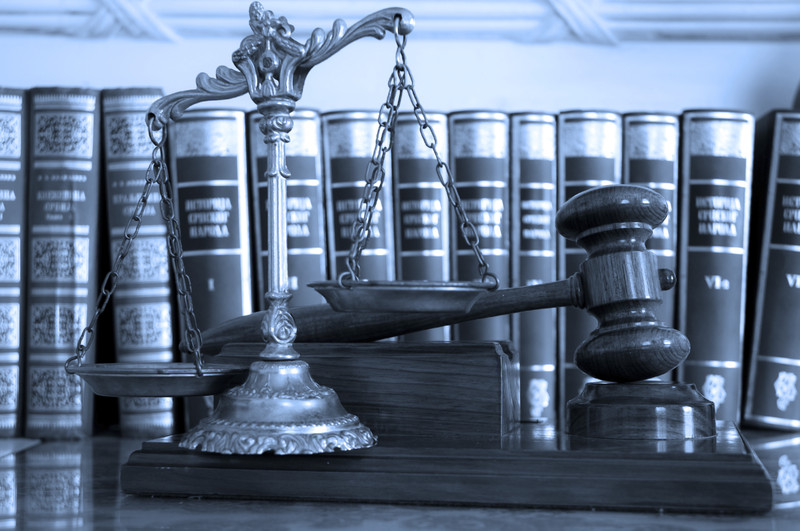A new analysis suggests that many Black Americans believe the racial bias in U.S. institutions is not merely a matter of passive negligence; it is the result of intentional design. Specifically, large majorities describe the prison (74%), courts and judicial process (70%), political (67%) and economic (65%) systems in the U.S., among others, as having been designed to hold Black people back, either a great deal or a fair amount.
NAPCO Conference 2025
Join NAPCO in Bellevue, Washington August 17-20, 2025
Read more →

